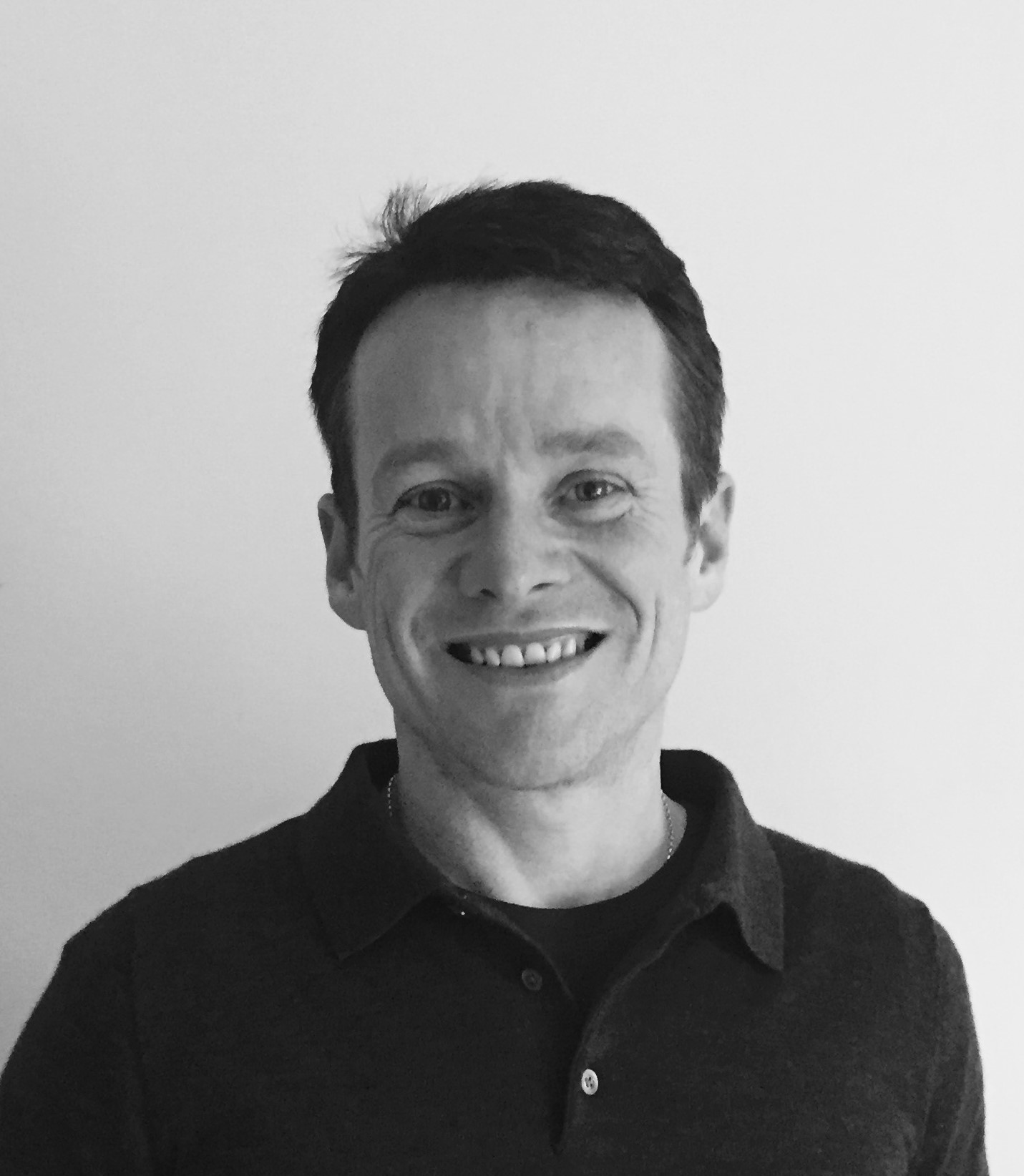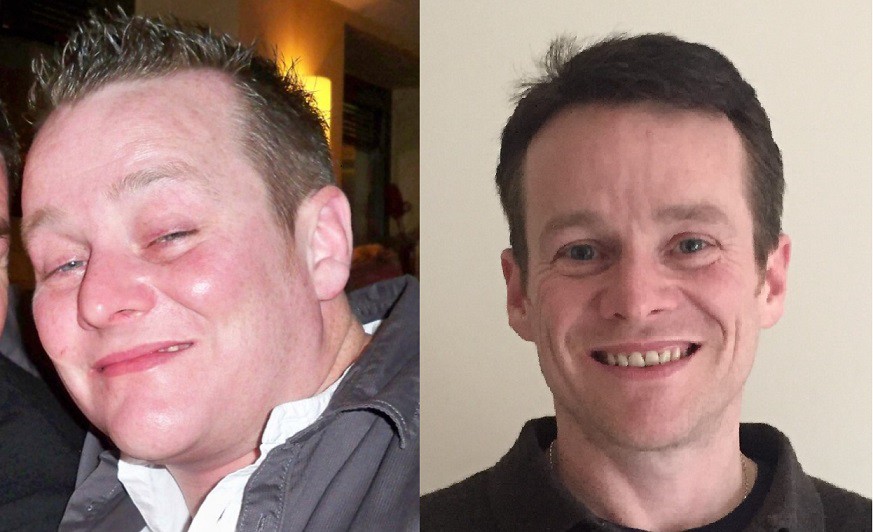“The definition of insanity is doing the same thing over and over again and expecting different results”. Although often credited to Albert Einstein, it is largely unknown who said this.
Nevertheless, it is a truly powerful statement.
Many people seek to change their lives without changing what they do.
The “person in a hole” metaphor describes this best!
Consider a person who is lost in life, and aimlessly wanders into a field full of holes. Disorientated by past experiences, they fall into one of the holes. The sides are steep and slippery and they can’t get out. All is not lost however. Fortunately they have some tools with them. Without thinking, they start using a shovel to dig themselves out of the hole. Obviously this doesn’t work, so they take an even bigger shovel and start digging with greater intensity. But this just leaves them deeper in the hole. Feeling weary and dejected, they finally give up. Suddenly, like a blessing from the skies, a person walks by with a ladder and throws it into the hole. Finally, some luck. But what do they do? They pick up the ladder and use it to try to dig themselves out of the hole.
Unfortunately this metaphor is comparable to many people who are struggling to cope in today’s complex world. Someone suffering from social anxiety may never leave their house. A person suffering from depression might stay in bed for weeks. These behaviours tend to make the problem worse and can leave people deeper in despair, deeper in their holes.
This metaphor also describes my own life-long battle with anxiety; an experience which resulted in fifteen years of chronic heroin addiction. My hole was anxiety, and I tried to use drugs to get me out of that hole. As my drug use and anxiety got worse, I used more drugs in an attempt to escape. Then someone introduced me to meditation. Finally, a ladder to get out of my hole. But what did I do? I used drugs to help me meditate, hoping it would take me out of my hole.
It did NOT work!
Awareness as a Vehicle for Change
Like many other addicts, I had the knowledge that drugs were killing me, but I did not have the awareness. As soon as I had the awareness, everything changed.
So, what is awareness? This is the “aha moment”, the “lightbulb moment”, the moment when you finally contact reality, and realise the truth of your ways. It is a moment of clarity when things start to make sense.
For the person in the hole, it is the realisation that digging deeper is not the answer. For the person who is depressed, it is an understanding (and I mean a real understanding) that staying in bed might be easier, but it won’t help them to recover. And for the alcoholic, it is the recognition that drinking only makes things worse.
I was very fortunate because I got a taste of awareness when I hit rock bottom in August 2013. After what can only be described as an intense detox experience, I was drawn towards mindfulness-based practices and slowly began to find clarity. I decided to spend more time in nature and less time trapped in my head. I began to contact reality; feeling, seeing, and hearing the world through sensory experiences. It certainly wasn’t easy, but my mind slowed down and I began to change.
“We cannot change what we are not aware of, and once we are aware, we cannot help but change” — Sheryl Sandberg
This sense of awareness led me to change almost every aspect of my life. But it wasn’t forced, it just happened naturally through increased awareness. I began to exercise regularly. I overhauled my diet. Instead of avoiding my emotions, I embraced them. I became a student of life. I devoured hundreds of books and went back to college to study psychology and philosophy. Most importantly however, I began to reconnect with people.
As Johann Hari so expertly puts it: “Sobriety is not the opposite of addiction, connection is”.
This new found sense of awareness not only helped me to get out of my hole, it led to remarkable changes in my life. I am now doing a PhD studying the neuroscience of mindfulness, a topic I also teach at another university. I recently started my own business helping people to thrive in today’s complicated world. But more than anything else, I have revived shattered relationships, and have met some amazing new people over the last few years who I believe will be friends for life. To others however, the most obvious change is probably my physical appearance. The picture above left is from 2011, two years before I hit rock bottom. The picture on the right is me now. But for those who know me best, the most obvious change is my energy, passion, and sense of purpose.
Unfortunately not everyone is lucky enough to be bitten by the bug of awareness. Like the person who digs deeper to get out of their hole, some people continue to do the very same thing that got them there in the first place. They cannot see a way out, and they stay trapped in their minds.
So what can they do?
They Can Build Awareness
Like everything else that is worthwhile, there is no quick fix to awareness. But there are several things that can help you along the way:
- Get out of your mind and contact reality. Introduce a meditative practice into your life. It doesn’t have to be complicated. Just focus on your breath for a few minutes each day. Listen to the birds singing in the morning. Feel the water touching your skin while you shower, or while you wash your hands. Notice things — it really is that simple.
- Spend time in nature. Stargazing and mountain walks are great. You can even learn from animals. Watch how they just get on with things. They don’t get anxious or depressed about future or past events. They live in the moment. You don’t see a race horse getting jealous when another horse wins a race. Only humans do that. I think Eckhart Tolle puts it best: “I have lived with several Zen masters — all of them cats”.
- Read lots of really good books. Blogs like this are great but books are better. However, the quality of what you read is what matters most. Reading about celebrity gossip is NOT beneficial. To quote Ryan Holiday, “If you read what everyone else is reading, you’ll think like everyone else is thinking”. So feed yourself with good quality books. Anything from Eckhart Tolle is a great start for teaching awareness. But my personal favourite is a book called “Awareness” by Anthony de Mello.
- Neutralize negativity from your life. For me, this includes any form of negative news and social media. And I especially give negative people a wide berth.
To Change, You Must Do
Change is possible. But you must act, and you must be consistent.
This sounds easy, but most people don’t even act, never mind being consistent.
Of course, change isn’t easy, but it is simple.
It is all about small incremental changes, baby steps. You don’t go out and run a marathon straight away. You start slowly and train yourself into it. This is the same for meditation and just about anything else that is worthwhile.
Start by reading a short blog every day. Meditate for two minutes every morning. It gets easier as you go. It’s certainly a lot easier than arguing with your own mind about what you should be doing. Yes, we argue with our own mind. I’ll have a lot more to say about that in future blogs.
“It’s actually far more exhausting to not work than it is to work. It takes far more energy to sit with internal conflict than it does to get to work” — Benjamin Hardy
Conclusion
If you find yourself digging to get out of your hole, maybe it is time to try something different.
“Act as if what you do makes a difference. It does” — William James
I know, it sounds scary. So take baby steps. Start by focusing on your breath for a few minutes every morning. Read a page a day from a good quality book. Stop feeding into negativity.
In order to change we need to increase our awareness. Or as Anthony de Mello puts it, “we need to wake up”.
Change is possible. But it requires action, and it requires consistency.
But with increased awareness, anything is possible.
Originally published at www.alustforlife.com on May 10, 2018.


